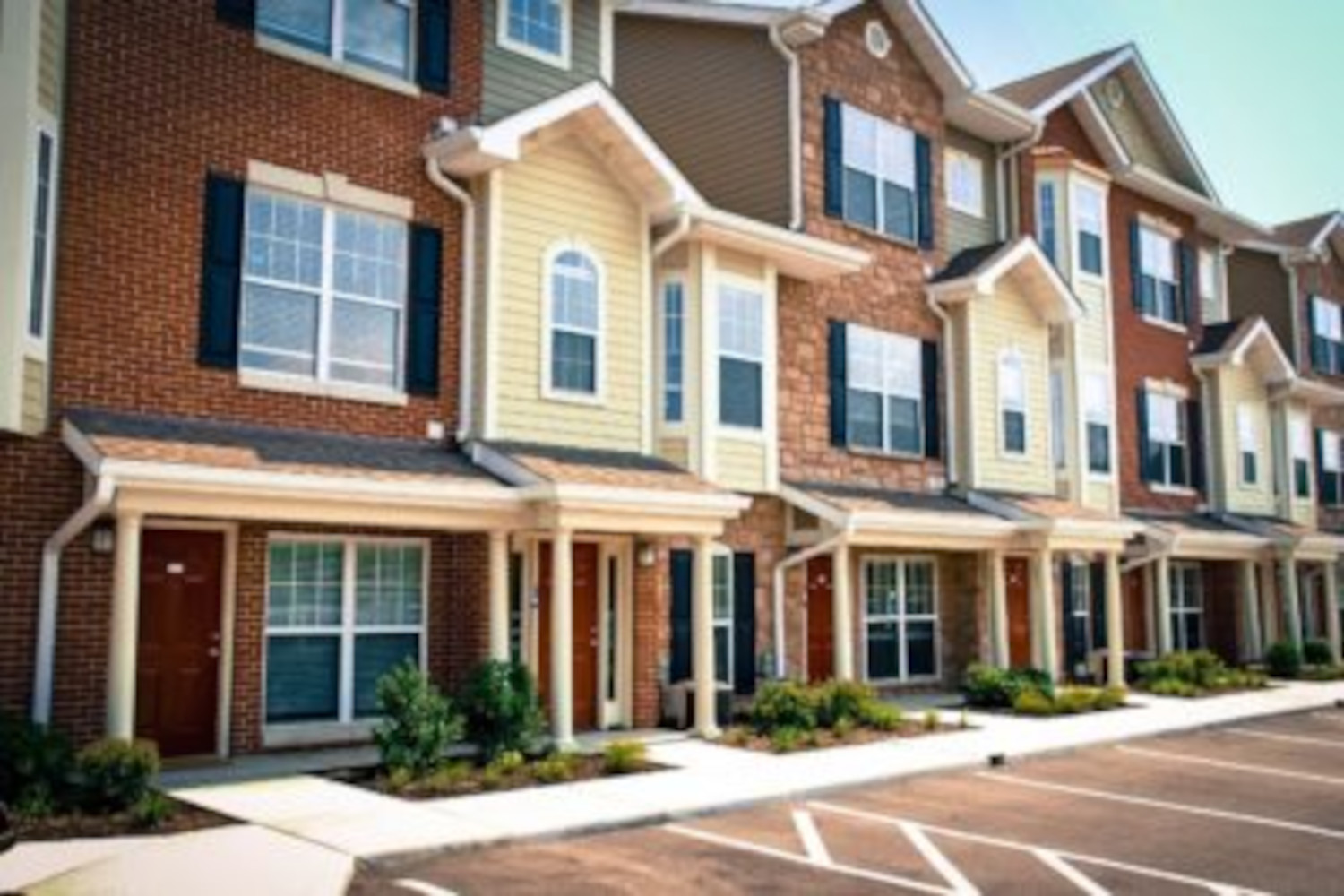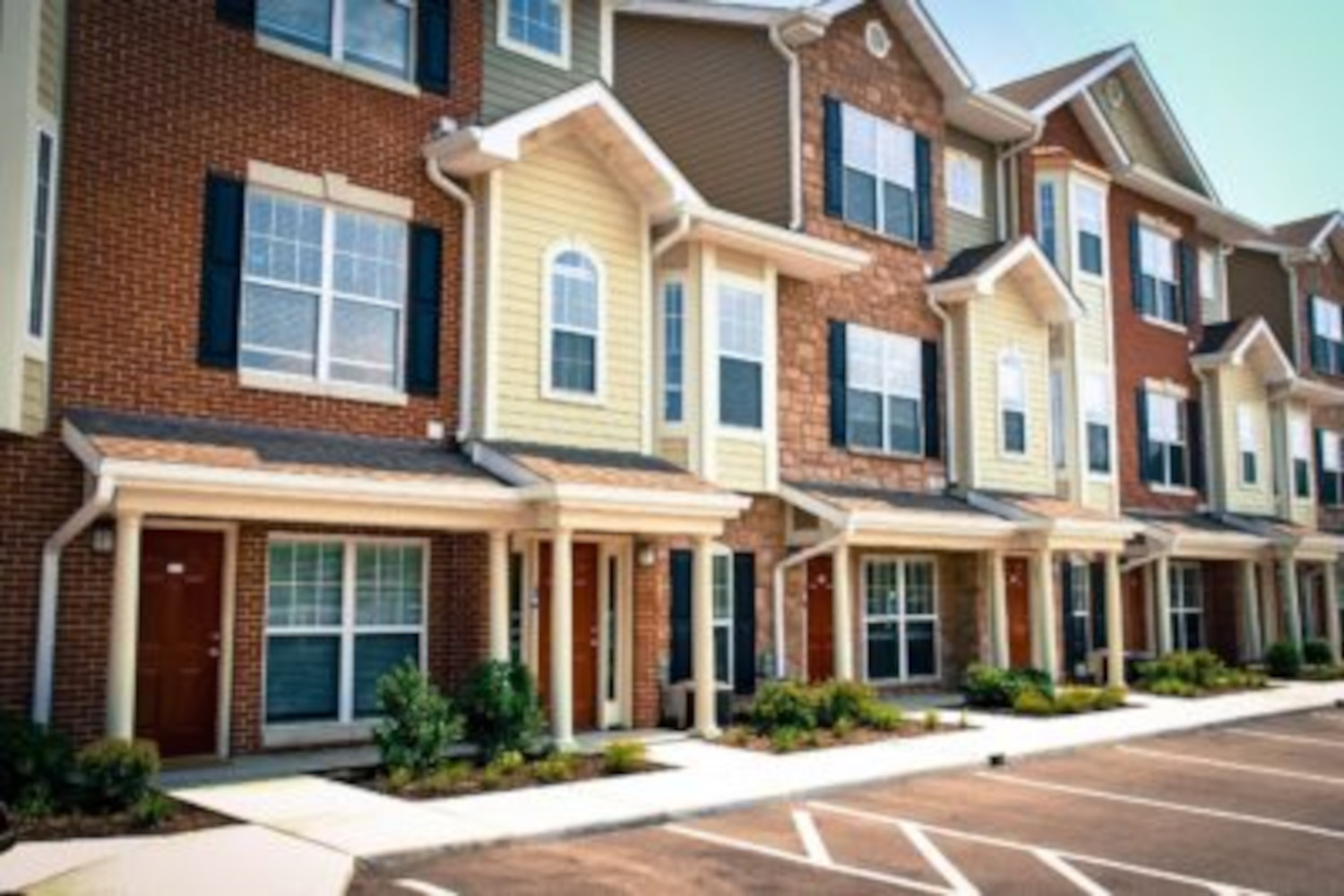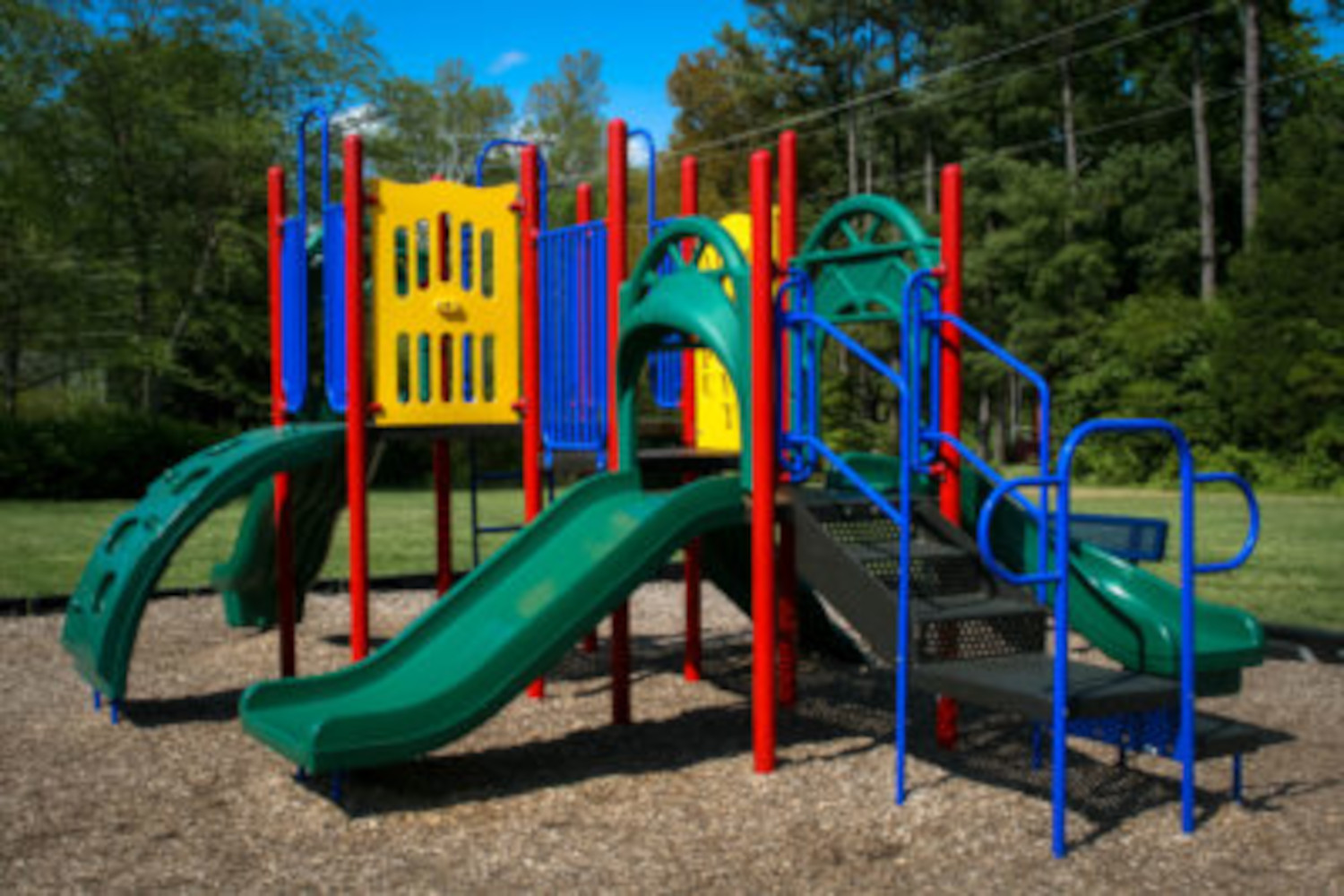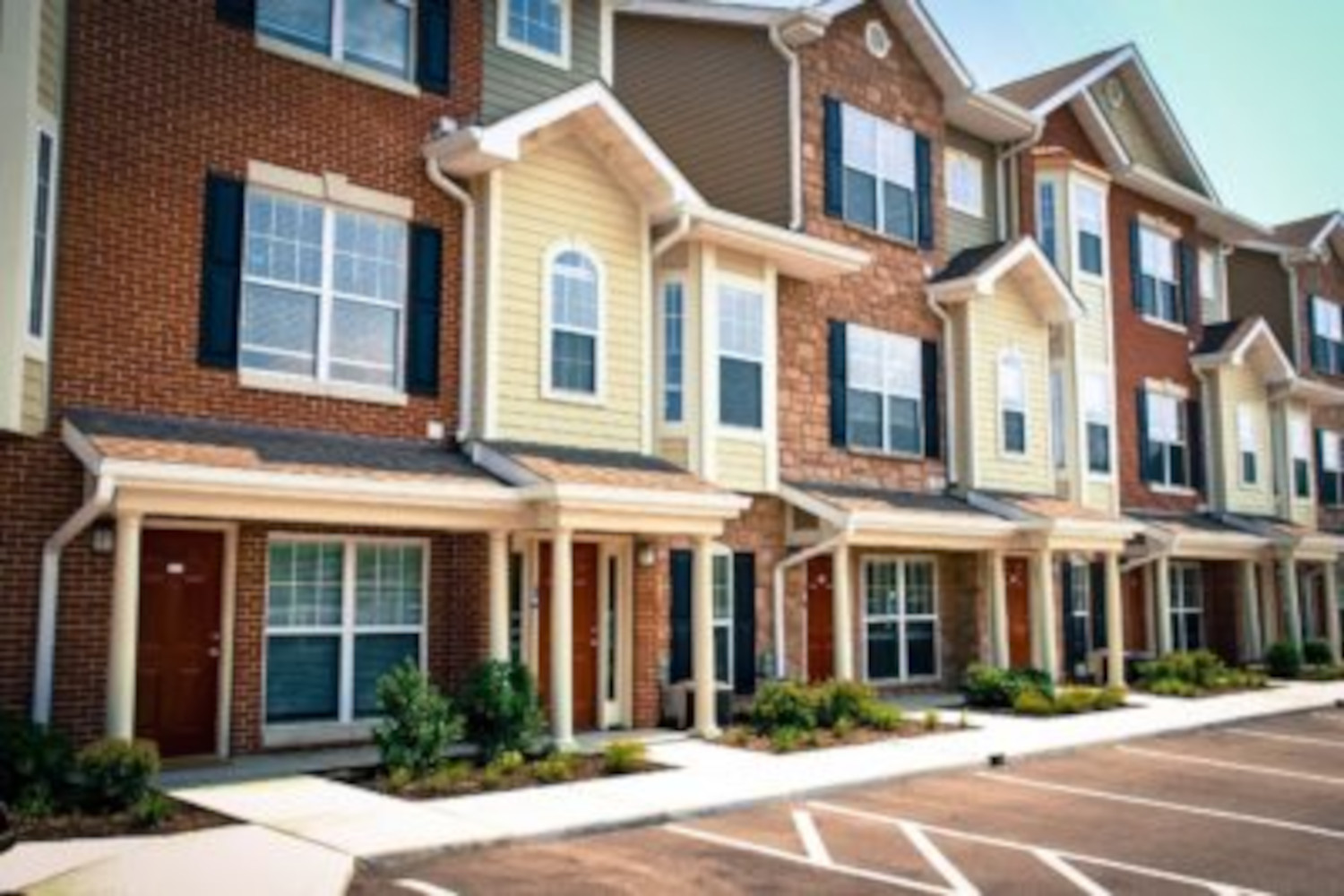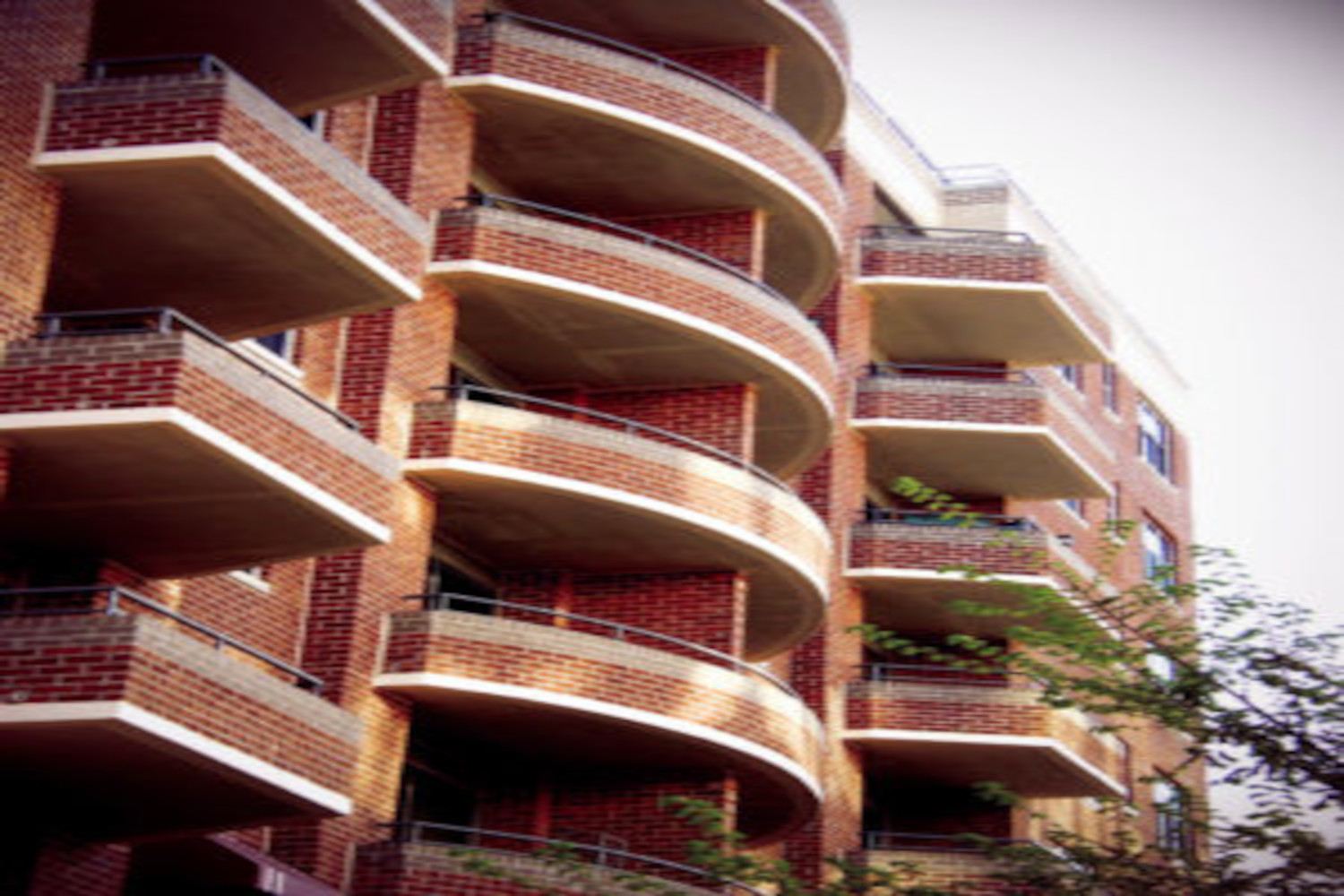Featured in the January 2016 Issue Partner’s Perspective: A Goal Without a Plan Is Just a Wish J&C Announces New Practice Areas J&C Welcomes New Associate: Adam B. Edgecombe Charles Jimerson Named to Inaugural Ultimate Attorney List New Law Blogs Curiosities, Ruminations and Various Eccentricities of Firm Biz Click to […]
Blogs & Resources
Jimerson Birr, P.A. offers clients a customer-focused and cost-effective alternative to larger business law firms.


